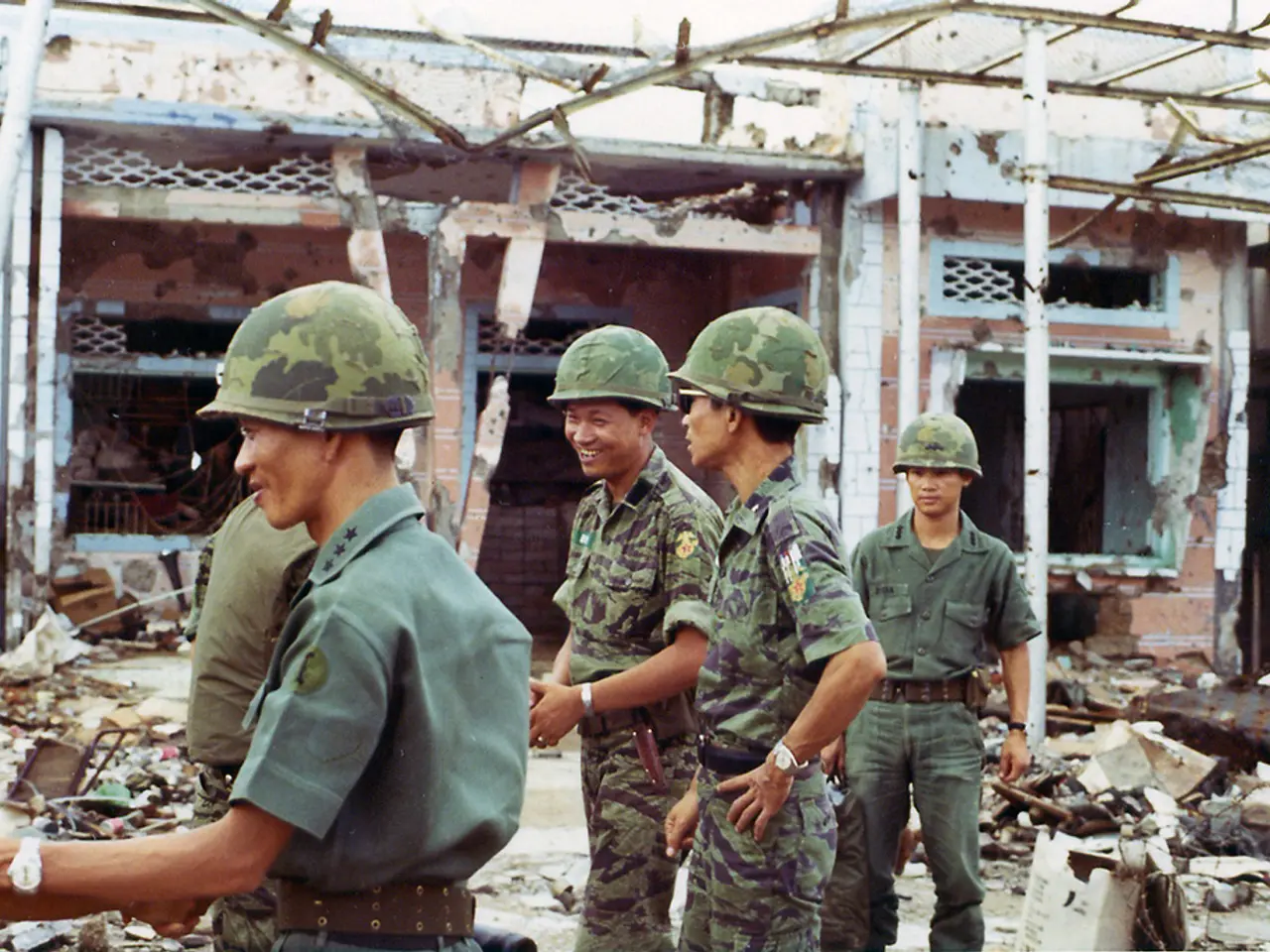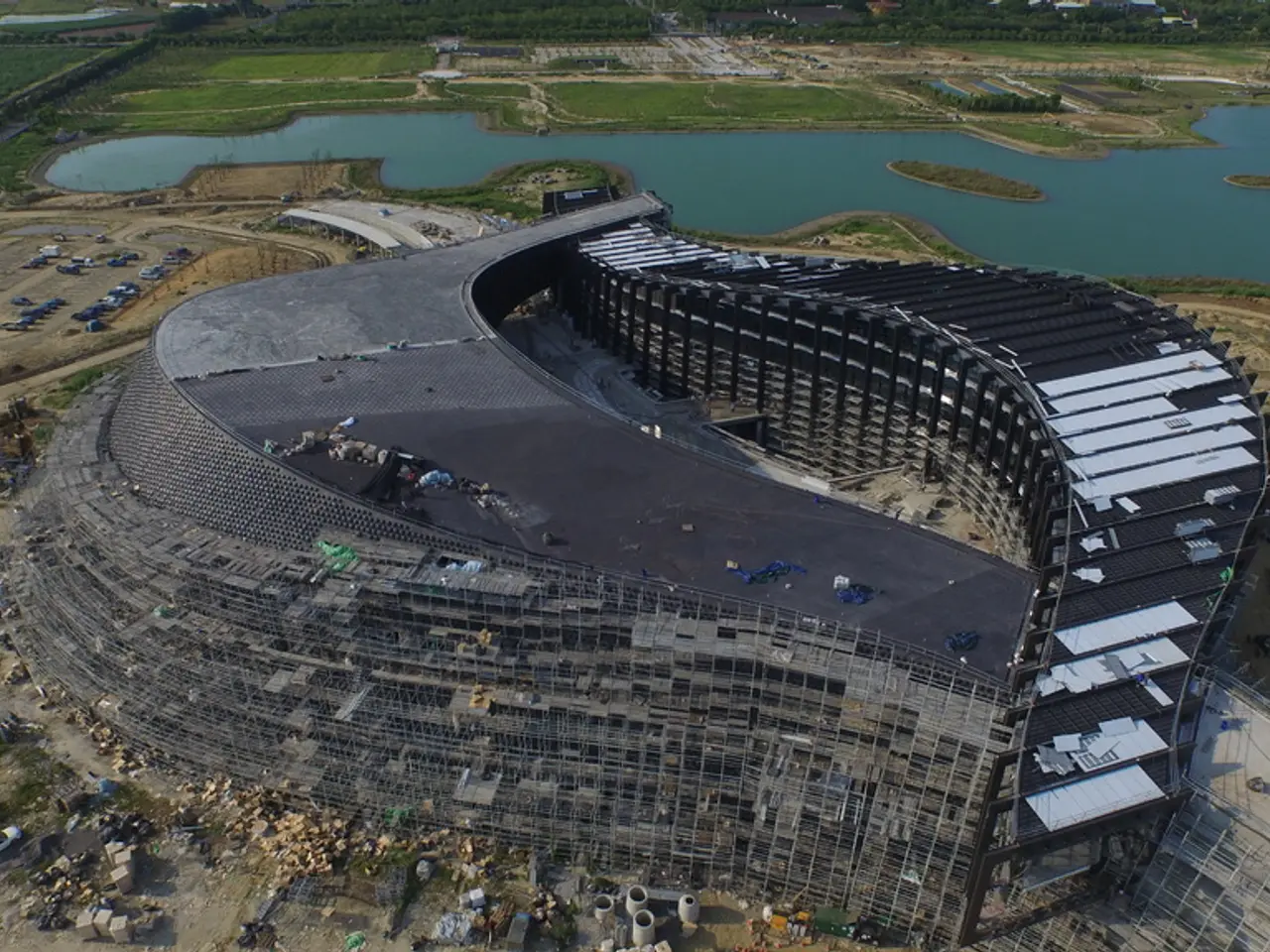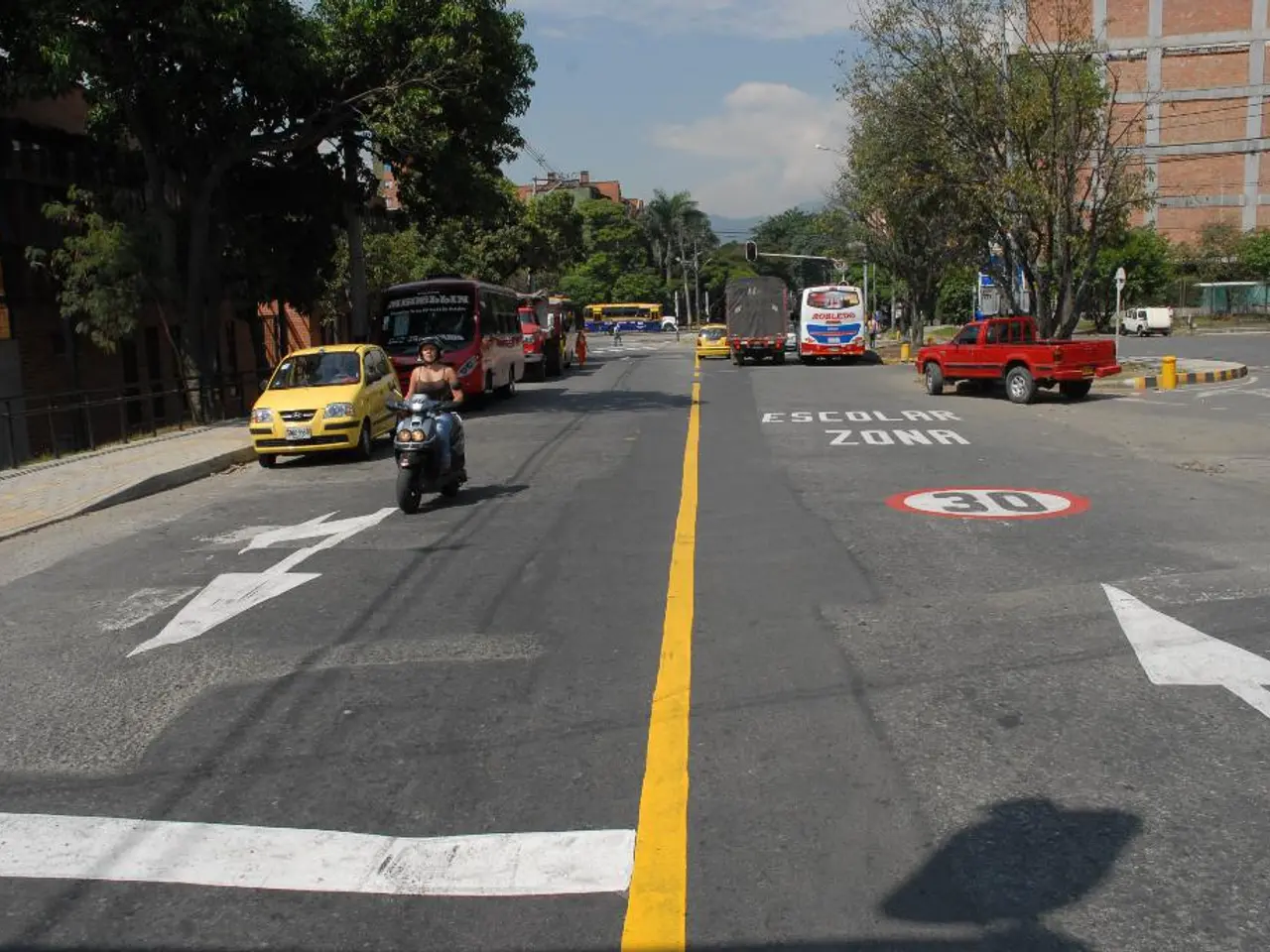American authorities bring back a child from a massive refugee camp located in northeastern Syria.
In the northeastern Syrian region, approximately 30,000 people from about 70 countries continue to reside in al-Hol Camp and a similar camp, the majority being wives and children of ISIS fighters or supporters[1][2]. Among these are nationals from Iraq, Syria, and various Western countries who joined ISIS.
Recently, the United States took a significant step by repatriating an American child from al-Hol Camp, indicating a shift in repatriation efforts[1][2]. This move comes as Iraq has been actively repatriating increasing numbers of its citizens with support from the UNHCR, making notable progress in returning Iraqis and displaced Syrians[3].
However, many Western countries have been reluctant to repatriate their nationals, often leaving responsibility to the Kurdish-led Syrian Democratic Forces (SDF) who administer the camps[3]. This situation has led to poor living conditions and pervasive violence within the camps, as well as ongoing concerns about human rights violations and unlawful detention conditions[4].
Human rights groups and UN experts argue that many detained, especially children, are victims of terrorism and abuse. They emphasize that safe repatriation and reintegration should be prioritized to avoid ongoing violations of human rights and to ensure the protection of children, many of whom were born in the camps or brought in as infants and not involved in ISIS activities[4].
The agreement between the Syrian government and the SDF to repatriate Syrians from the camp is a significant development in the ongoing efforts to address the humanitarian and security crisis in northeast Syria. However, the SDF has yet to comment on the repatriation[1][2].
The camps, currently under the control of the SDF, hold significant numbers of children, making repatriation and protection a critical issue. The potential transfer of control to the Syrian government could mark a new chapter in the repatriation process and the resolution of the ongoing crisis.
References:
[1] Associated Press. (2021, June 29). US repatriates child from Syria camp housing IS families. Associated Press. https://apnews.com/article/islamic-state-syria-middle-east-united-states-87e39420f22956f0b76f15e9336a0c3d
[2] Al Jazeera. (2021, June 29). US repatriates child from Syria camp housing IS families. Al Jazeera. https://www.aljazeera.com/news/2021/6/29/us-repatriates-child-from-syria-camp-housing-is-families
[3] Reuters. (2021, July 2). Iraq repatriates hundreds of ISIS family members, but many Western countries hesitate. Reuters. https://www.reuters.com/world/middle-east/iraq-repatriates-hundreds-isis-family-members-many-western-countries-hesitate-2021-07-02/
[4] Human Rights Watch. (2021, June 28). Syria: Repatriate Children from al-Hol Camp. Human Rights Watch. https://www.hrw.org/news/2021/06/28/syria-repatriate-children-al-hol-camp
- The media in Toronto is reporting on the United States' significant step of repatriating an American child from al-Hol Camp, a decision that could potentially have implications for the migration of individuals involved in war-and-conflicts.
- Despite Iraq making notable progress in returning its citizens and displaced Syrians with the help of the UNHCR, many Western countries remain hesitant about repatriating their nationals.
- The general news is covering the ongoing concerns about poor living conditions and pervasive violence within the al-Hol Camp, as well as ongoing issues with human rights violations and unlawful detention conditions.
- As the agreement between the Syrian government and the SDF moves forward, the Toronto media will likely focus on the potential impact the repatriation process could have on crime-and-justice, specifically on children who were victims of terrorism and abuse in the camps.








